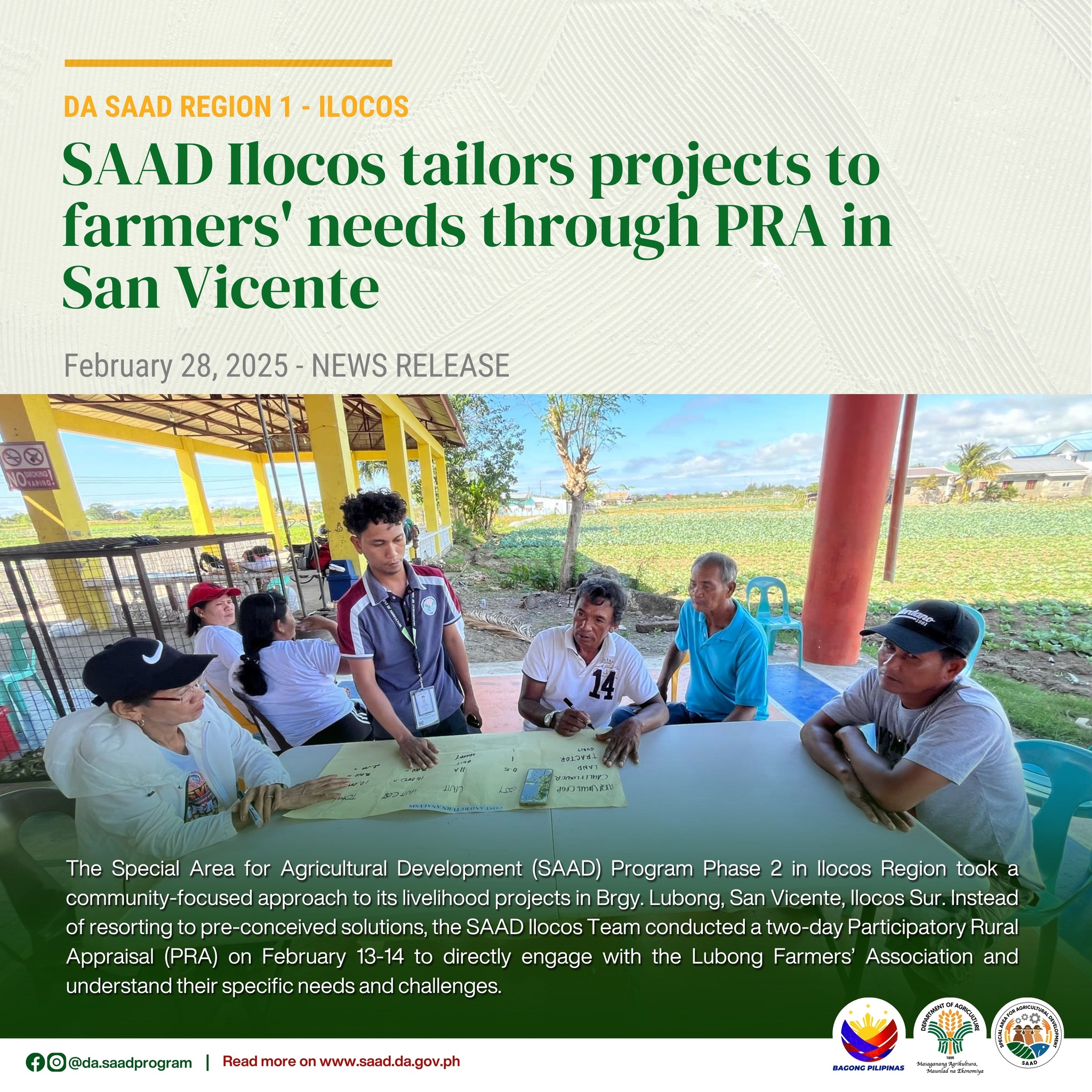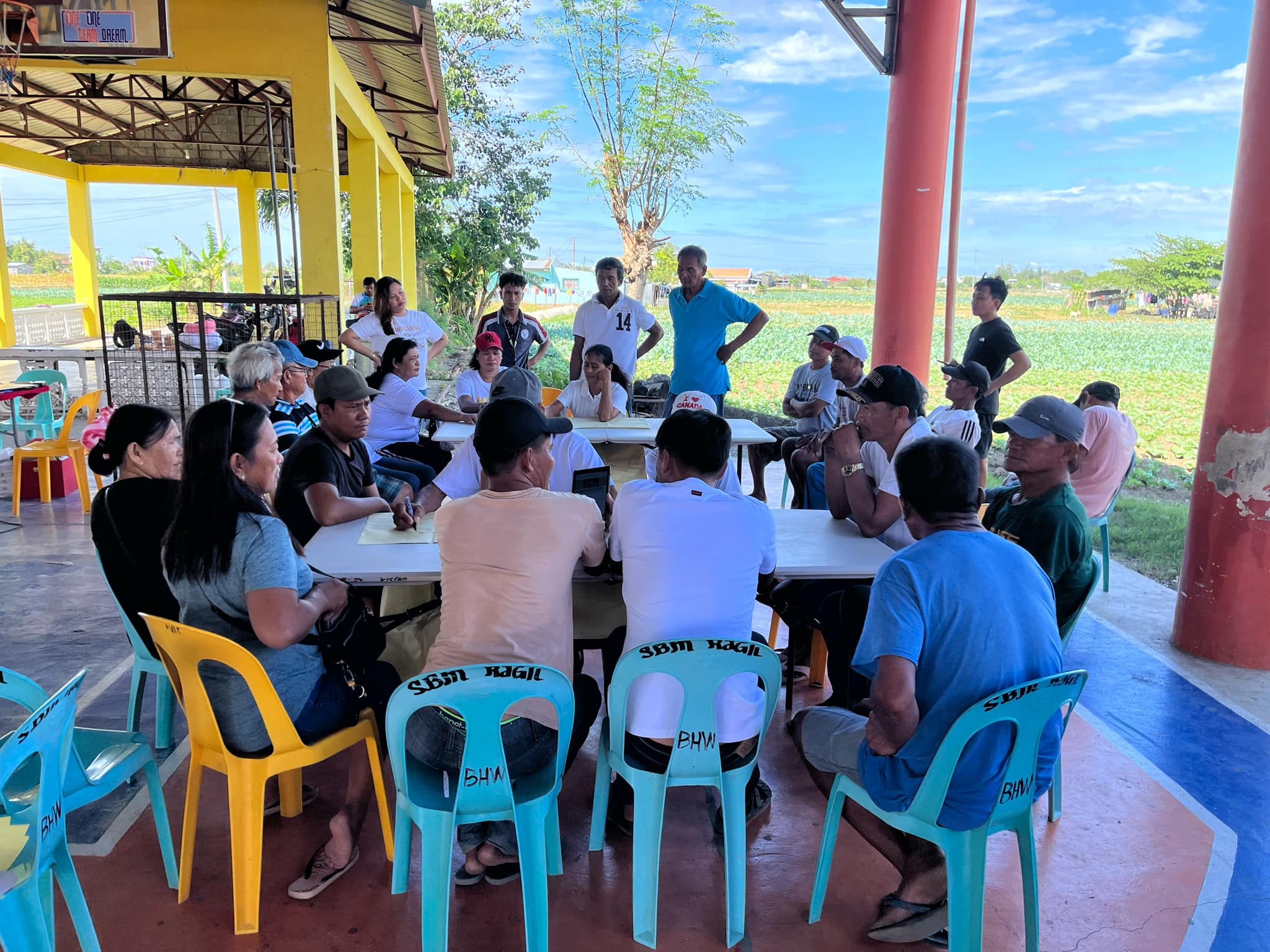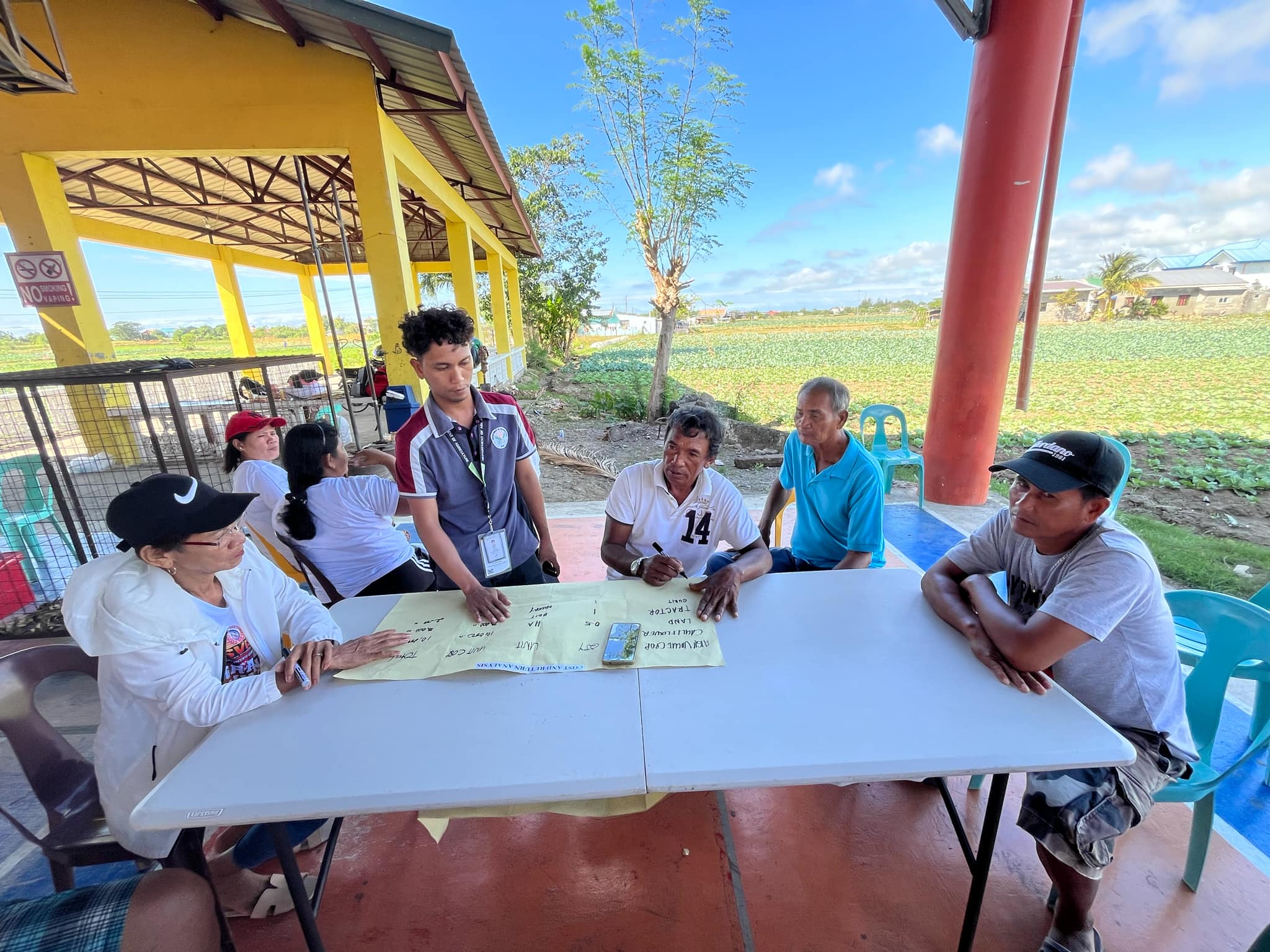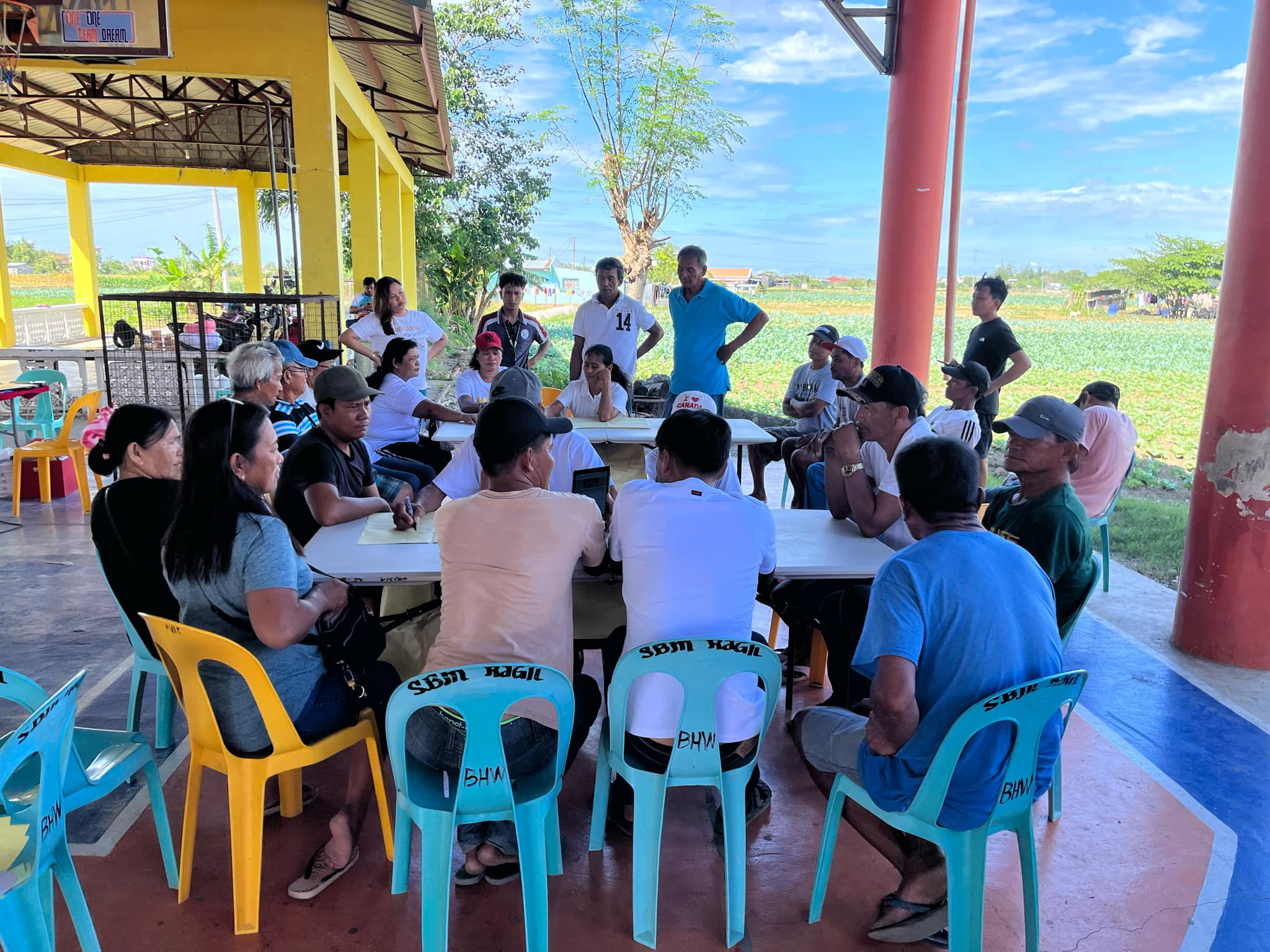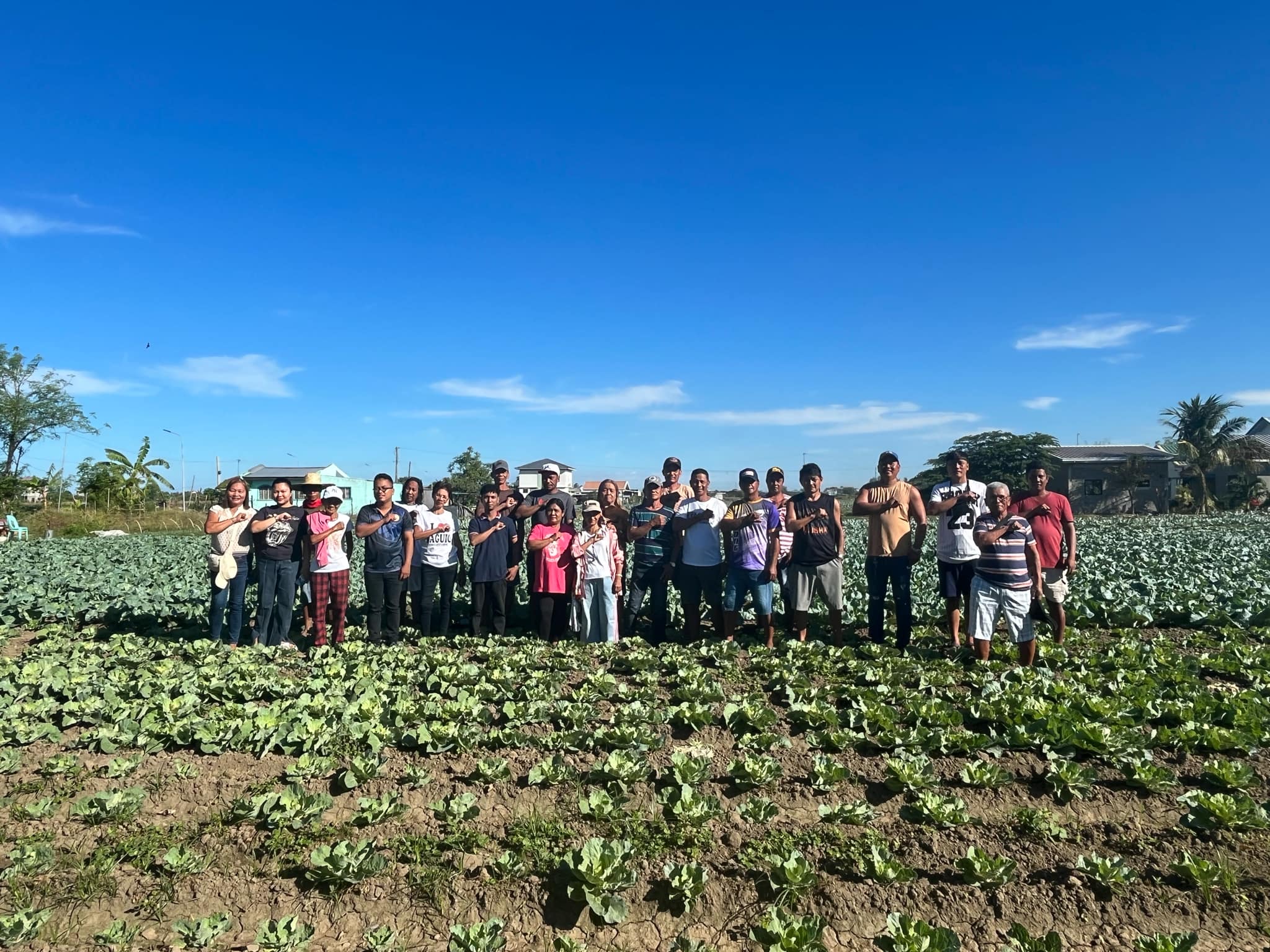The Special Area for Agricultural Development (SAAD) Program Phase 2 in Ilocos Region took a community-focused approach to its livelihood projects in Brgy. Lubong, San Vicente, Ilocos Sur.
Instead of resorting to pre-conceived solutions, the SAAD Ilocos Team conducted a two-day Participatory Rural Appraisal (PRA) on February 13-14 to directly engage with the Lubong Farmers’ Association and understand their specific needs and challenges.
Forty (40) Lubong farmers participated, sharing their extensive knowledge of local conditions and their daily struggles. Through activities such as timeline analysis and seasonal calendars, the farmers identified their key priorities.
“Through the PRA, we were able to gain firsthand insights into the farmers’ challenges and aspirations. This process ensures that our interventions are not only relevant but also sustainable, as they are based on the actual needs of the community,” said Calern B. Mariñas, SAAD Ilocos Area Coordinator.
The PRA involved a collaborative village walk, where farmers and agricultural experts, including Municipal Agriculturist Mr. Genesis R. Fronda and Agricultural Technician Bea Geneva Mae R. Tapat, observed firsthand the challenges facing local farmers, who primarily raise goats and cultivate cabbage and cauliflower.
Observations included the availability of water from dug wells, the need for soil analysis, and the persistent issue of pest and disease infestations. The PRA revealed a need for targeted support tailored to the local context, including addressing specific cabbage and cauliflower diseases and conducting soil analysis.
The PRA findings serve as a vital guide for SAAD Ilocos implementers in determining the suitability of the Lubong farmers as official beneficiaries. This comprehensive assessment will also enable SAAD to tailor-fit potential livelihood projects to the farmers’ precise needs and circumstances.
Following the PRA, they are expected to undergo a series of essential social preparation activities, once they are selected as official beneficiaries. These will include thorough profiling to understand their individual situations and comprehensive capability building to equip them with the necessary skills and knowledge for successful project implementation.
This community-driven approach underscores SAAD’s commitment to empowering rural communities by ensuring that livelihood interventions are aligned with the realities and aspirations of the beneficiaries. ###
